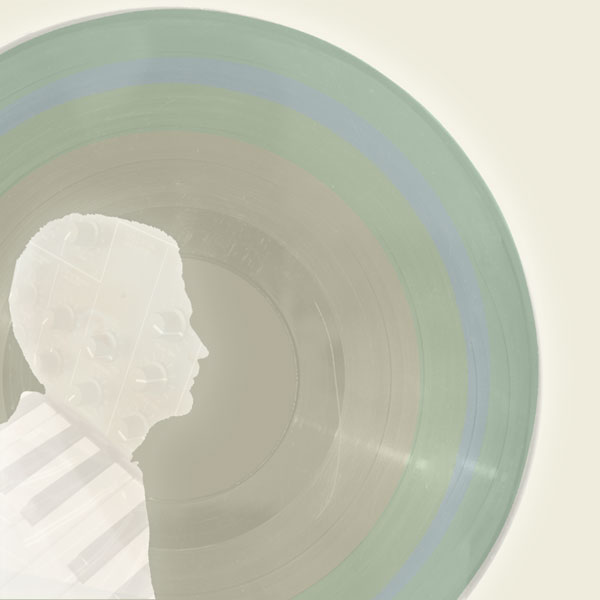I’ve had a piece of Crown Financial’s advice on my mind for some months now as a “to-do” item—create a want-need-desire list to evaluate my use of money. Wanting first (before creating the list) to re-read the intent and meaning of these three terms in this context, I dug up Crown’s article here. I really reccomend reading it and struggling to see your own use of resources through these principles. It might deter you from buying that “next big thing” you want, but it does teach you that the “next big thing” might not be what you’re looking for, after all.
One of the first results in my search for the definition of these terms was in an article at Relevant Magazine. Some of that article’s content is below for a read—there’s more practical advice after the link.
http://www.relevantmagazine.com/life_article.php?id=7596
Text from article:
It might sound simple, but think back to the last time you regretted buying something. How long did you mull over your purchase? Whether your purchase is small or big, defining your motive for buying might save you from wasting your money. Crown Financial Services uses a system of defining the purchase as a need, want or desire.
“Needs are the purchases necessary to provide basic requirements,” the organization’s website says. “Wants involve choices about the quality of good to be used, while desires are the choices according to God’s plan that can be made only out of surplus funds after all other obligations have been met.”
When you are conscious of what kind of purchase it is, you can better make the decision of whether to buy the item at all. Keep in mind that even if it is a necessity, it’s still possible to make unwise financial decisions.
